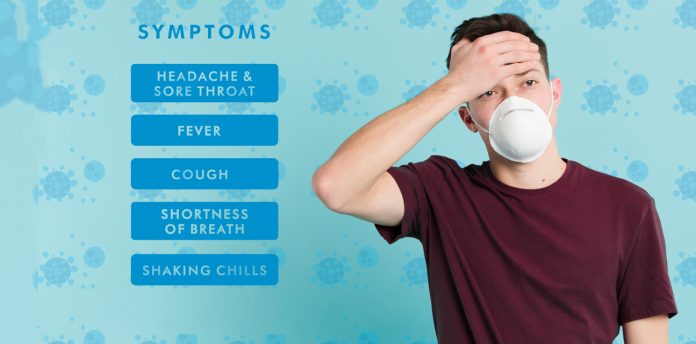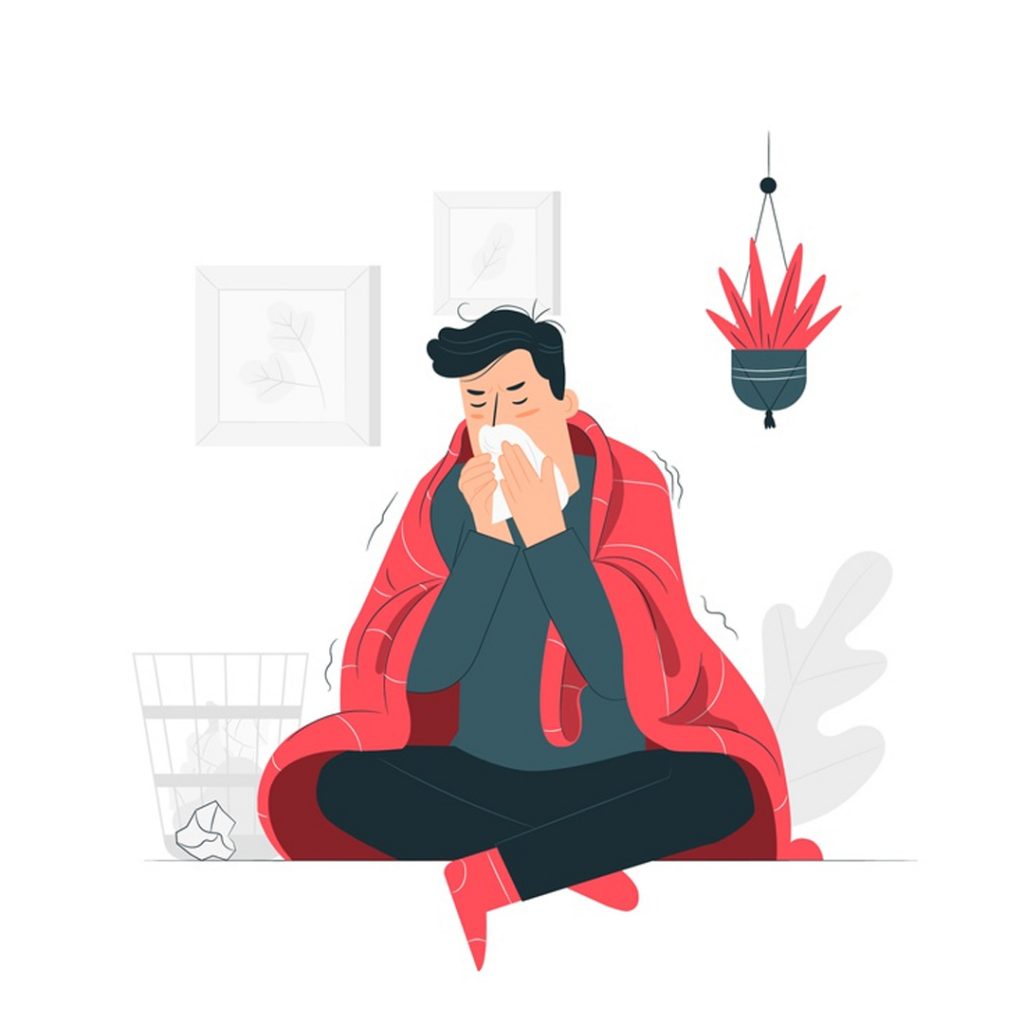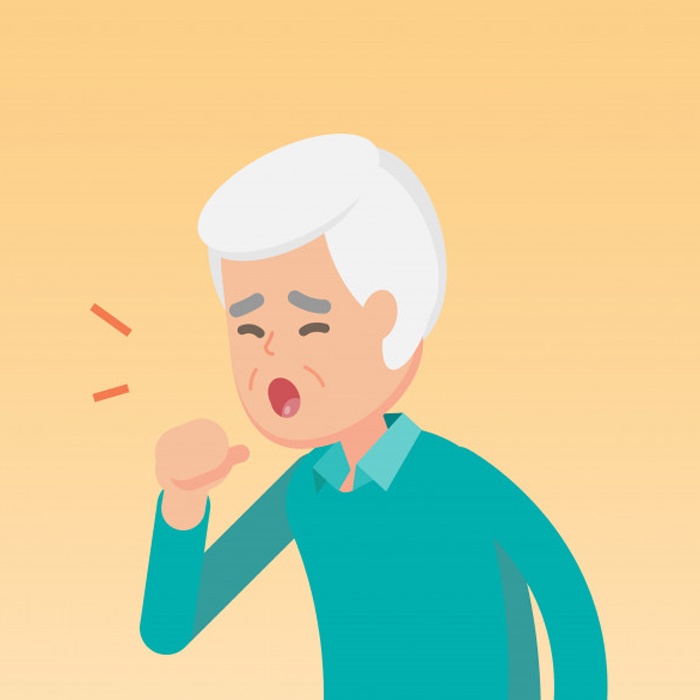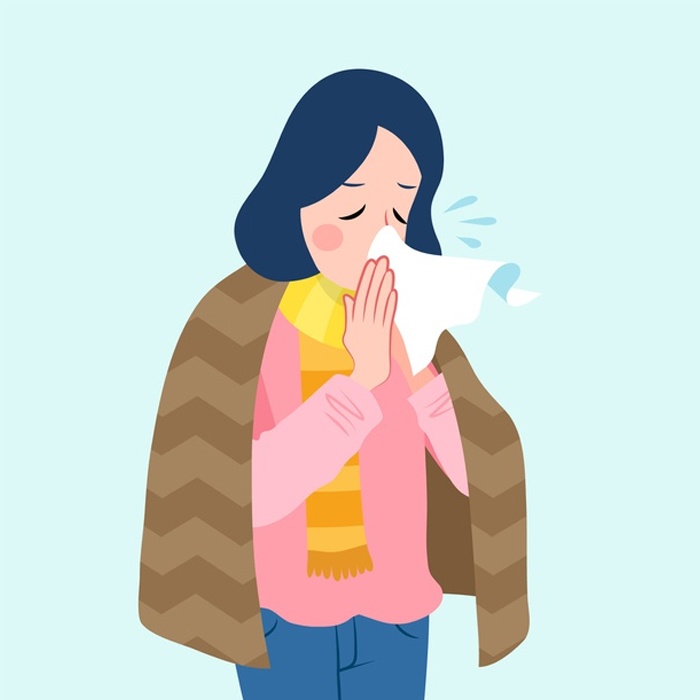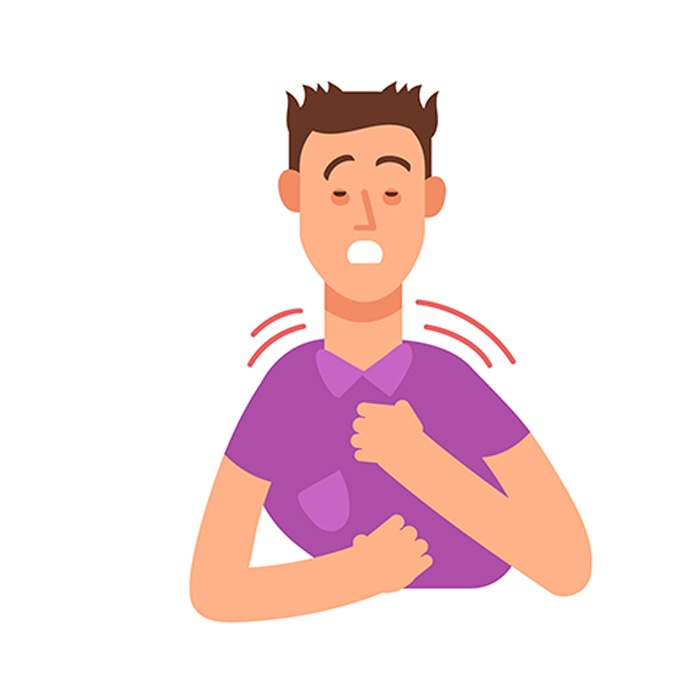The COVID-19 pandemic also brought along coronavirus anxiety. This makes people worried if they are infected or not. We might see many people in panic after coming from outside, using ATMs, and so.
This panic makes the need for identifying the COVID-19. Not every fever, flu, cough is coronavirus! Not using anything outside the home is infectious! And not everything inside the house is clean. Your currency can be contaminated as well. So what should be done to survive this pandemic?
Experts have given a brief to know what symptoms indicate COVID-19 with specific parameters. Let’s have a look at these symptoms.
Duration of COVID-19 Symptoms:
It takes 4 Days for the virus to show itself
It usually takes seven to fourteen days for the coronavirus to show itself. You should stay calm and check if the symptoms remain for at least seven days before going for a virus check test (Lauer S. A., 2020). Dr William Schaffner says fever accompanied by a respiratory malfunction can be COVID-19. It asks for a cough, lesser breath, quick gasping or lungs’ trap.
Fever:
Fever is one of the symptoms of Coronavirus
High body temperature reaching at least 100 degrees Fahrenheit is fever. Dr John William says, “one should never worry of the body temperature rises to 99 from the average temperature of 98.7. Even if it lowers, don’t panic. The fever happens at 100 degrees or more.” Never rely on a one-tome temperature check. If you feel a hot temperature in the morning, recheck in the evening. This is because body metabolism is different at different times. If you feel a fever with other symptoms of COVID-19, wait for other symptoms during a seven to the fourteen days before having a coronavirus screening test (Lauer, Grantz, & Bi, 2020).
Cough:
Cough is a symptom of Coronavirus.
Cough is a significant symptom of COVID-19. Not all coughs, but only the dry cough that catches your chest (MyDr, 2018). Dr Schaffner says, “this is not like other coughs. You don’t clear up your throat with cough and spit out something. You just cough, and it feels into your pain. You are not irritated anytime when you cough. You might feel pressure on your sternum.” If your fever follows with a dry cough, reach your doctor. He might prescribe you a coronavirus screening test.
Flu and runny nose:
Flu and Runny nose are signs of Coronavirus.
Influenza is one of the most frequent health problems reported in the world. Every average human goes through the mild flu after a reasonable period of three months. Don’t fear of coronavirus if you get a fever and flu. This can be a seasonal flu or influenza (Schaffner, 2016). Approach the doctor for expert advice. Some flu also follows on with digestive issues, dry cough, sebum accumulations and weakness. There can be fever as well. Don’t take every flu as COVID-19.
Difficult breath:
COVID-19 becomes severe when coronavirus takes over the lungs. It reduces the ability of lungs to obtain enough oxygen from the air, leading to a shortened breath. If you ever experience it, take immediate action. Whether it be COVID-19 or any other disease, reducing of inspiration us a symbol of damaged lungs with fibrous accumulations (Shiel, 2019).
What more you need to know about COVID-19?
Many people are getting coronavirus anxiety these days. There are panicking for groceries, cleaning supplies and medicines. They are reacting on every mild health fluctuations considering it to be as a symptom of COVID-19. You shouldn’t only know the symptoms but also see how the traits might attack. Your age counts a lot.
- If you are under 60 and have a fever and flu. Don’t rush for a screening test unless the symptoms last longer than seven days.
- If you ate over 60 years of age, or if you are pregnant, don’t take a chance for you or your baby. Many of the pregnant female experience flu and influenza throughout their pregnancy period. It can be a period of flu. But, consult your doctor for some advice.
- If you are suffering from any chronic diseases, blood disorders or have been ill for a long time, take care because your weak immunity might lead to a gateway for the COVID-19.
- People with regular treatments such as dialysis and blood transfusion are also prone to higher risk.
- If you are obese, with 40+ BMI, don’t ignore any symptoms of the disease and keep a check on the severity and durations.
While having this knowledge, you should never ignore to have precautions and practice quarantine and isolation with proper social distancing. With all the reasonable efforts together, we can defeat this pandemic and return to a normal, healthy and united life just after a small period of pain, sacrifice and distancing.
It is always better to be apart for some time rather than losing a loved one forever. Take care of yourself, your family, friends and the people who live on the opposite edge of the world.
Get information and guidance from WHO regarding the current outbreak of coronavirus disease (COVID-19).
+41 79 893 18 92
What would you like to know about coronavirus?
Reply with a number (or emoji) at any time to get the latest information on the topic:
1. Latest numbers ?
2. Protect yourself ?
3. Your questions answered❓
4. Mythbusters ?
5. Travel advice ?
6. News & Press ?
7. Share ⏩
8. Donate now ?
Healthserve Teleconsultation:
Healthserve has expedited its planned teleconsultation service to provide assistance to patients during the Covid-19 crisis.
Teleconsultation service allows you to consult online with our highly trained physicians at your own convenience, either on your mobile, tablet, or laptop.
References:
- Lauer, S. A. (2020, March 10). The Incubation Period of Coronavirus Disease 2019 (COVID-19) From Publicly Reported Confirmed Cases: Estimation and Application FREE. Retrieved from Annals of Internal Medicine Logo: https://annals.org/aim/fullarticle/2762808/incubation-period-coronavirus-disease-2019-covid-19-from-publicly-reported
- Lauer, S., Grantz, K., & Bi, Q. (2020, March 3). Estimating the incubation time of the novel coronavirus (COVID-19) based on publicly reported cases using coarse data tools. Retrieved from Github: https://github.com/HopkinsIDD/ncov_incubation
- MyDr. (2018, June 3). Cough: dry cough. Retrieved from MyDr: https://www.mydr.com.au/respiratory-health/cough-dry-cough
- Schaffner, W. (2016, December 16). Experts Answer Questions About Flu. Retrieved from National foundation for infectious diseases: https://www.nfid.org/2016/12/16/experts-answer-questions-about-flu/
- Shiel, W. C. (2019, September 10). Shortness of Breath (Dyspnea): Symptoms & Signs. Retrieved from MedicineNet: https://www.medicinenet.com/shortness_of_breath/symptoms.htm
Also Check EasyExpat.com: Information for Expatriates, Expat Guides

